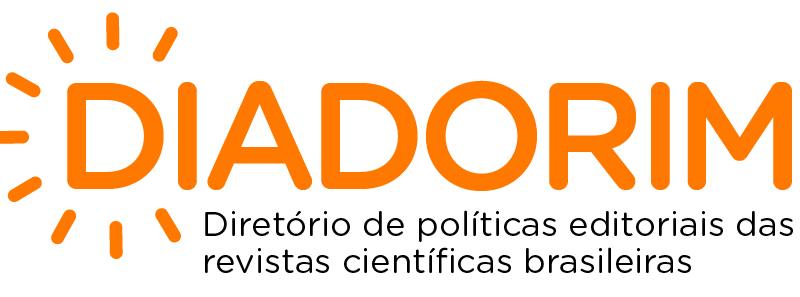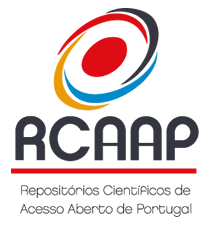Reinterpreting Dialectological Void in North of Brazil
DOI:
https://doi.org/10.5433/2237-4876.2018v21n1p12Keywords:
Dialectology. Dialectical void. Cartographic representation.Abstract
In the present article, we intend to present reflections on questions that are not easily answered when applying the Phonetic-Phonological Questionnaire (QFF) and the Semantic-Lexical Questionnaire (QSL). These questionnaires integrate the methodology of the Brazilian Linguistic Atlas Project (ALiB), a dialectological orientation project that aims to describe and map the variation and linguistic diversity of Brazilian Portuguese. We will focus specifically on the selection and analysis of questions used to collect data whose use presents difficulty when collecting. We limit ourselves to the presentation, reflection and discussion of questions 32 and 41 of the questionnaire applied by the ALiB. Question 32 integrates the QFF and aims to obtain the 'abóbora' (pumpkin) form. Question 41 is already part of the QSL and has as one of the expected variants 'camomila' (chamomile). The main hypothesis in the explanation of the facts is that there is pressure from social factors, not only from the classical factors, but also from the social evaluation of linguistic forms, as well as the historical-cultural factor, an integral part of the linguistic-cultural reality of any community investigated.
Downloads
References
OLIVEIRA, A. M. P. P. de. Regionalismos na flora do Brasil: um estudo no campo das plantas medicinais. Boletim da ABRALIN, ed. 21, jun. 1997.
ROSSI, N. A dialectologia. Alfa, v. 11, p. 89-115, 1967. Disponível em: https://bit.ly/2rysDc6. Acesso: 02 dez. 2016.
TIEPPO, M. Croton cajucara Benth (sacaca) uma planta da Amazônia: avaliação de seu potencial antioxidante. 2007. Dissertação (Mestrado em Medicina: Ciências Médicas) - Universidade Federal do Rio Grande do Sul, Porto Alegre. Disponível em: https://bit.ly/2G3ProD. Acesso: 12 mar. 2017.
Downloads
Published
How to Cite
Issue
Section
License
Copyright (c) 2018 Signum: Estudos da Linguagem

This work is licensed under a Creative Commons Attribution-NonCommercial-NoDerivatives 4.0 International License.
This journal reserves the right to make, in the originals, normative, orthographic and grammatical modifications in order to maintain the standard language and the credibility of the publication. It will respect, however, the authors' style of writing. Modifications, corrections and suggestions of conceptual order will be forwarded to the authors, if necessary. In these cases, the papers, once appropriate, should be submitted to a new appreciation. The final examinations will not be forwarded to the authors. Works published become property of Signum, being its total or partial reprint subject to an explicit authorization of the journal. In all subsequent quotes the original source of publication should be mentioned, in case, in Photographic Discourse. Opinions emitted by the authors are their exclusive responsibility.
















